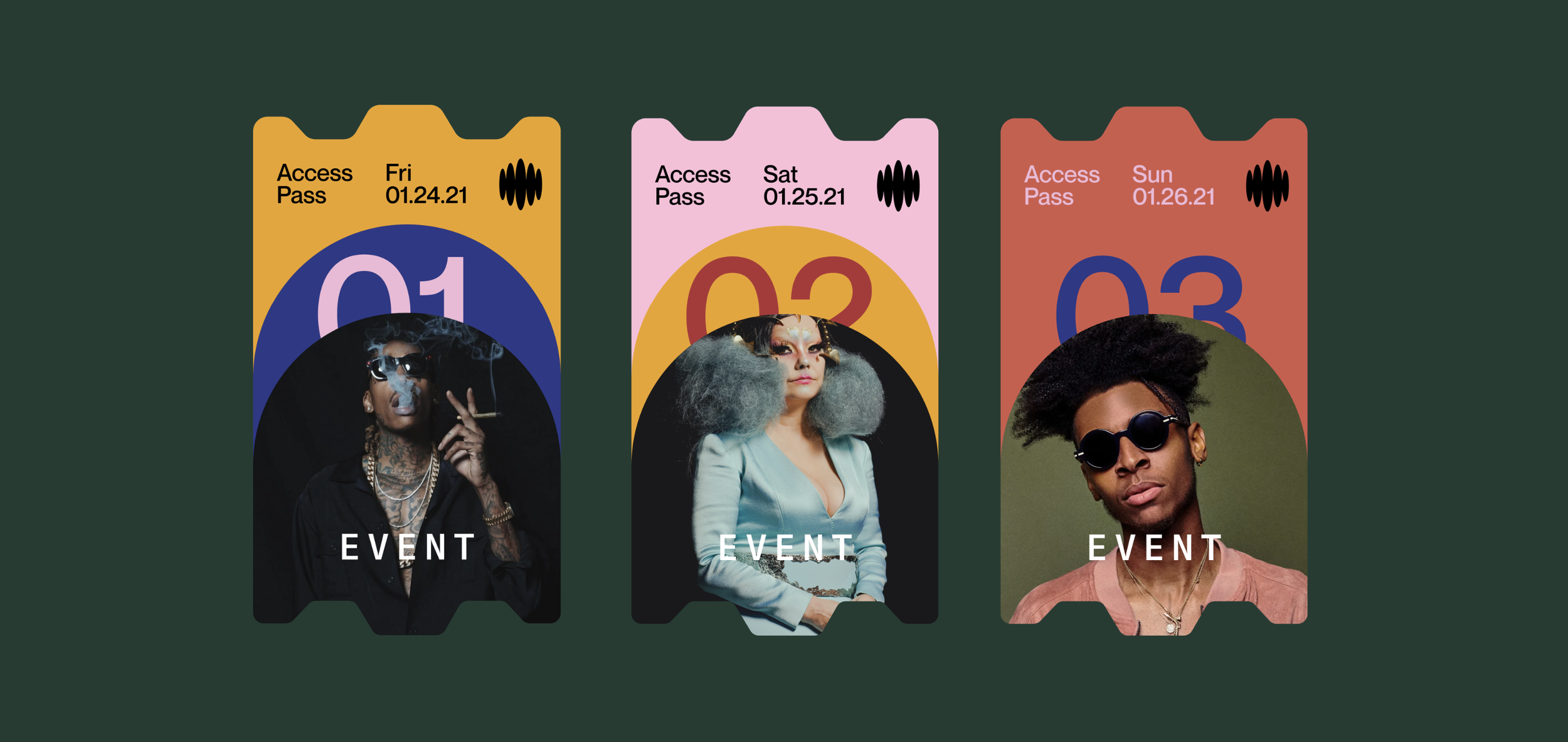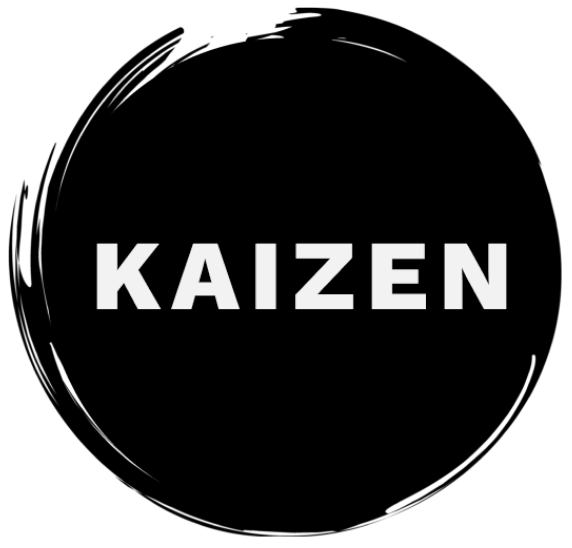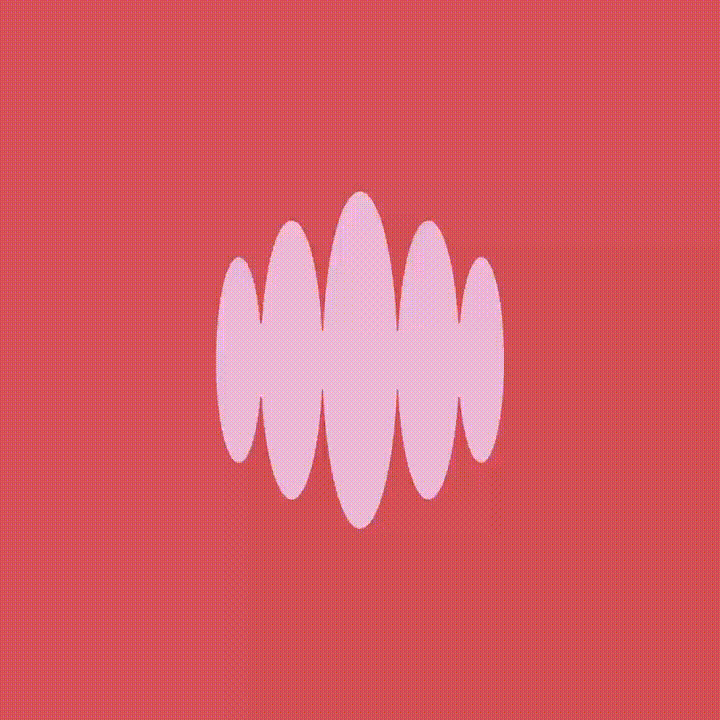We are Giant
We Are : Reimagining Live Music for the Social Era
💡 TL;DR
Problem: How might technology recreate the magic of live music and deepen the emotional connection between artists and fans?
What I Did: Conducted mixed-methods research including surveys and in-depth interviews with fans and artists to identify core emotional needs and viable platform features.
What Changed: We Are Giant (now MelloManic) launched with a live social music experience that prioritized fan intimacy and artist monetization, unlocking a niche and loyal user base.
Problem
In the early days of the pandemic, concerts disappeared—but the emotional hunger for music, community, and connection didn’t.
We Are Giant sought to fill this void by asking:
What makes a concert feel meaningful?
How do fans and artists define “connection” in a digital setting?
Could a digital venue provide the spontaneity and intimacy of a live show?
Our goal was to design a social experience that captured the feeling of being there—even when “there” was your couch.
Research Goals & Methods
We used a mixed-methods approach to explore both the emotional and functional dimensions of digital concert experiences.
Formative Research:
Quantitative survey (N=500) with fans and artists across genres
Identified what they missed most (e.g. live reactions, fan energy, backstage access)
Gathered initial reactions to digital-first formats
Exploratory Interviews:
10 artists and producers — to understand how they connect with fans and what they seek from digital engagement
10 fans — to unpack expectations for presence, community, and value in a virtual space
Summative Testing (Post-MVP Launch):
Remote usability tests of early platform prototypes with 6 artists and 8 fans
Feedback gathered on:
Real-time chat features
Merch sales integration
Artist scheduling and audience notifications

Findings & Insights
“When I'm on stage, I feed off the crowd. That’s what’s missing online—it feels like shouting into a void.”
— Indie Rock Artist, US
“It’s not just the music. It’s looking around and realizing hundreds of people are here for the same reason. I want to feel that.”
— Fan, Canada
“I’d pay more to have a small, private set with my favorite artist than a giant, impersonal livestream.”
— Fan, UK
Insight 1: Presence is the Product
Fans didn’t want perfectly produced content—they craved live, raw, real-time interaction. Features like live chat, backstage Q&As, and shout-outs drove stronger fan recall than high production value.
Insight 2: Micro-communities > Mass Broadcast
Artists and fans alike valued smaller, more intimate digital sessions over massive livestreams. These felt more like true connections—and translated better into revenue and retention.
Insight 3: Revenue Should Feel Personal
Fans were more likely to tip or buy merch when the experience felt tailored and when they knew their contribution supported artists directly (vs. a platform cut).
Action & Impact
Research informed both product and go-to-market strategy:
Built artist-facing tools to easily host live sessions and engage with fans in real time
Introduced tiered ticketing and tipping to encourage artist-fan reciprocity
Rolled out chat and emoji reactions, prioritizing spontaneous interaction over broadcast polish
As a result, We Are Giant found early product-market fit with niche audiences who craved intimacy over scale. Artists used the platform to build closer fanbases and monetize outside traditional touring models.
Reflection
This project sharpened my understanding of designing for emotion, not just utility. I also learned:
Value of co-creation: Early collaboration with artists helped us avoid designing for them and instead build with them.
Simplicity wins: We shelved several “cool” features in favor of chat and real-time feedback—features that delivered the most joy.
If I could do it again, I’d expand usability testing to include onboarding and scheduling workflows, which later became minor pain points.






